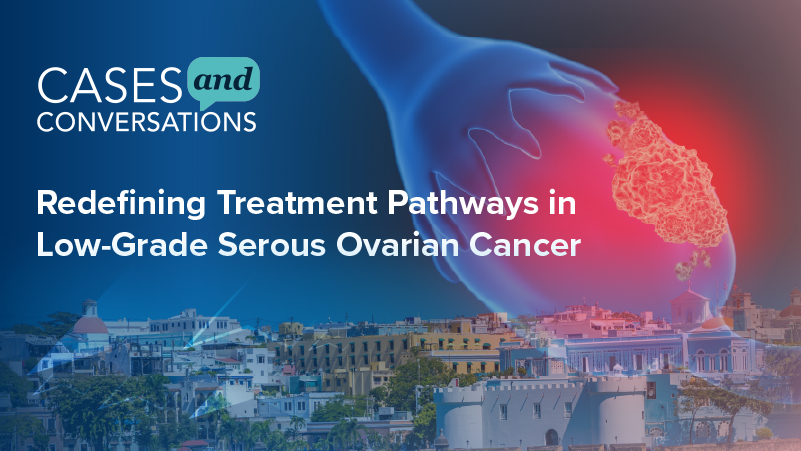
According to some sources, there are as many as 600,000 hysterectomies performed annually in the US, making it the most common nonobstetrical surgical procedure among women in the US. While the procedure itself is relatively safe, we need to ask what are the long-term effects of a hysterectomy?





